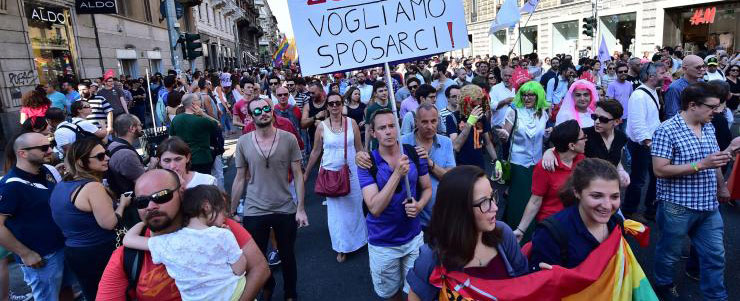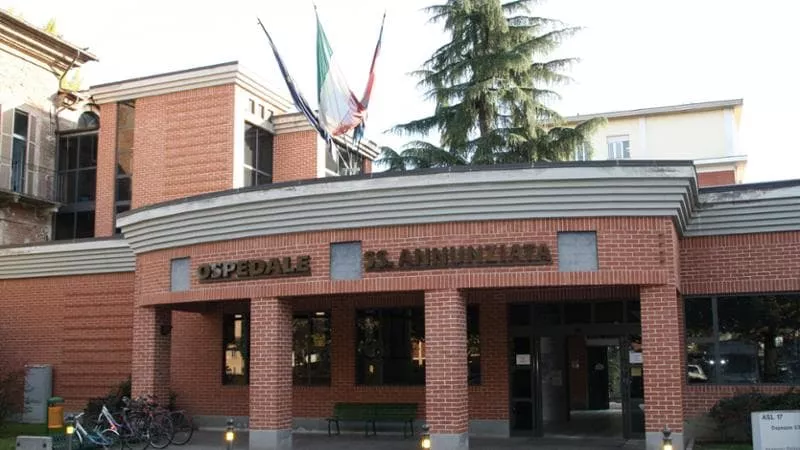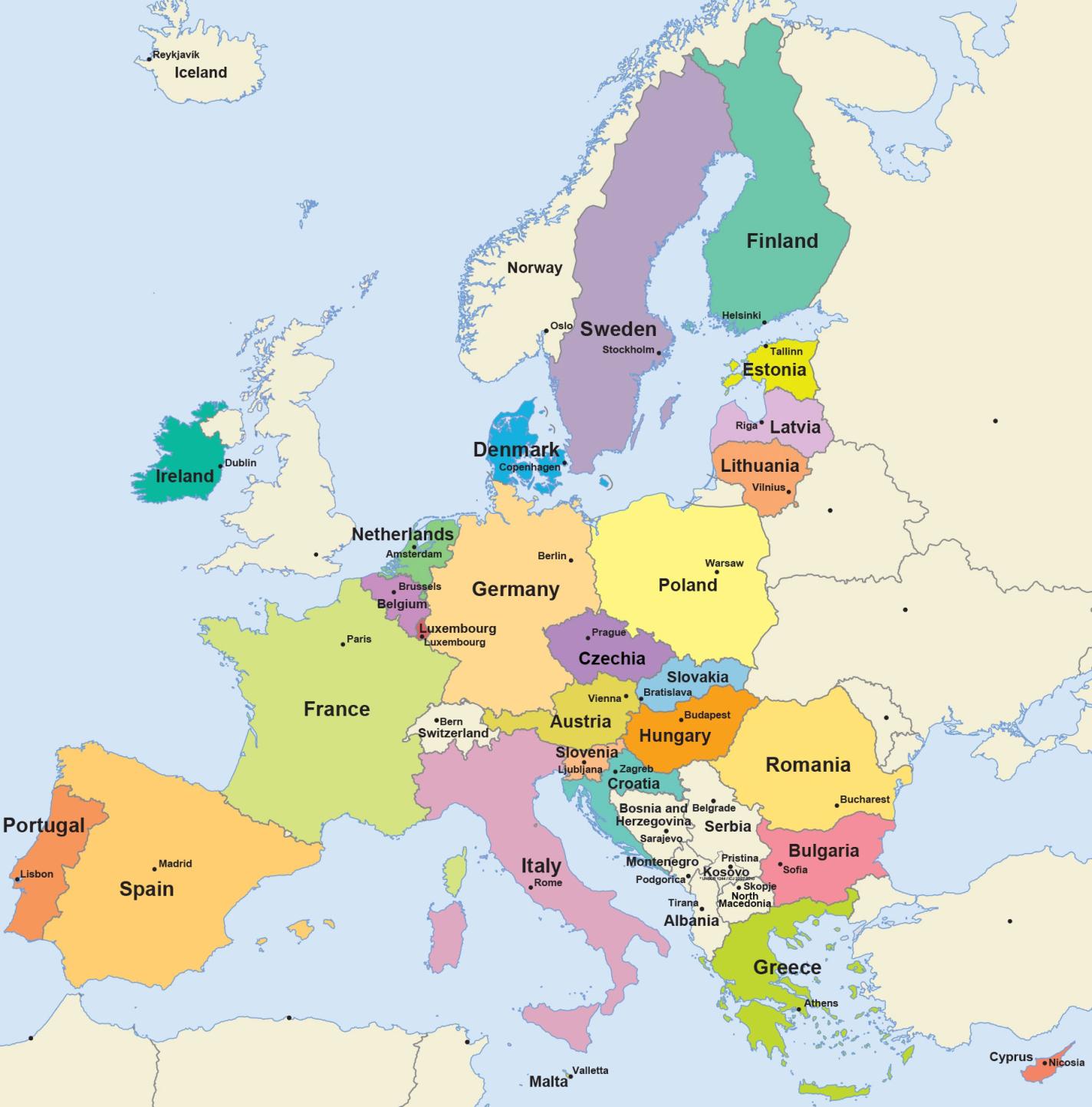Italy has finally approved civil unions but there’s still a lot of work to be done

For the latest news on Italy Gay Life, please go to the LGBT News page.
It has taken Italians longer to embrace their gay neighbors than citizens of other European nations, like France, Spain and the United Kingdom. For example, an edition of ‘SportWeek’ sports magazine featured a kiss between two male rugby players and it created outrage among many Italians. This is despite the history of achievements by gay and lesbian individuals in Italy.
There are gay Italians who have made valuable contributions to culture, art and politics, like renowned fashion designer Gianni Versace. Film and opera director Franco Zeffirelli is also a member of the gay community. Zeffirelli is known for his film adaptations of Shakespeare plays ‘The Taming of the Shrew’ and ‘Romeo and Juliet.’ Lesbian Anna Paola Concia is an elected member of the Italian Parliament and the Democratic Party’s spokesperson on homosexuality.
History of LGBTQ Issues in Italy
During the Fascist regime of Benito Mussolini, gay people were persecuted despite the fact that there was no law against homosexual behavior. Since that time, there have been several attempts to criminalize homosexuality in Italy. While these attempts have not been successful, the law still does not protect gay and lesbian individuals from discrimination.
By the end of the 1960s, gay people in Italy were beginning to march in the streets to demand equal rights. In 1968, Angelo Pezzana published the first gay magazine in Italy, called Fuori, or ‘Out.’ In the early 1980s, the organization Arci-Gay Arci-Lesbica was formed. The non-profit organization, composed of members of the LGBTQ community and straight allies, advocates for gay civil rights.
In 2004, Tuscany became the first Italian region to ban discrimination against homosexuals in the areas of employment, education, public services, and accommodations. However, civil union laws and discrimination bans have been instituted only piecemeal across the country. Gender identity and expression are still not protected by Italian law; nor is there any law protecting transgender citizens.
In 2007, the government introduced a bill to grant rights in areas of inheritance, taxation and health care to same-sex and opposite-sex unregistered partnerships. The bill was never made a priority of the legislature and was eventually dropped. In 2009, the Italian Chamber of Deputies shelved a proposal against homophobic hate-crimes. In July of this year, The European Court of Human Rights ruled that the absence of protection and equal rights for homosexuals and lesbians in Italy amounted to a human rights abuse. The court ruling urged official recognition of gay families and legalization of same-sex marriages.
Current Status of Italy Gay Rights
Italy has finally approved same-sex civil unions, despite coalition members pressure against making the unions legal. A recent poll indicated that 74 percent of the Italian people support civil unions. Italy was one of the last countries in the European Union to embrace equality for LGBTQ people, largely due to the overwhelming presence of the Vatican. Italy was one of the lowest scores in Europe when it comes to legal acceptance of sexual orientation and gender identity.
During the Pope’s recent visit to the U.S., “Francis’ message of the Church’s continued opposition to gay marriage and abortion was clear to devoted Catholics.” The Pope met with Kim Davis, the county clerk who refused gay couples their rights to a marriage license. He has since expressed his belief that government officials should be able to invoke conscientious objection to deny rights that conflict with their religious beliefs.
Italy Gay Life Today
In Italy, same-sex couples do not each have the same rights over their children. Only one parent may have legal custody and, for legal purposes, the other parent does not exist. This means that if the parent with legal custody dies, the child will lose the other parent as well. There is no diversity training in the schools and it is left to the parents of these children to supply educational materials to their children’s teachers. It is ironic that, as the Italian Parliament was debating Civil Unions, a representative of the Catholic Church has weighed in as opposing the legislation on the grounds of “eroding traditional family values.”
Northern and Central Italy seemed to be more accepting of the gay lifestyle, and there are quite a few gay-friendly beaches, bars, discos and saunas in Italy. The Arci-Gay Uno card allows admission to various clubs, parties and concerts for card holding members. This helps gay and lesbian people find recreation and entertainment in a welcoming environment. From June to September, the gay community in Rome puts on the Gay Village, a festival that includes drag shows, parties, concerts and films.
Future Developments
The EU Parliament endorsed the Zaborska Report, which calls for “justice, proactive measures, non-discrimination laws, and trans-friendly workplaces.” The report deals with the issue of rampant job discrimination against transgender people and asks that all Member States enact legislation to prevent this discrimination. Until laws are passed to ensure equality, Italian same-sex couples have lesser rights to child custody, property, social security, and inheritance, to name just a few of the inequalities.
Legislation to protect the rights of LGBTQ people should be paired with a push for educating the public about the issues. Attempts to obfuscate or misrepresent the facts can be countered by positive publicity and factual information. These issues involve basic human rights. None of the Italian people should have to depend on the good will and cooperation of others to ensure their civil rights and the safety of their families.
Italian Dating & Chat for Italian Singles

Virtually meet thousands of like-minded Italian singles and connect at lightning speed; on desktop, tablet, and your beloved phone. Chat into the wee hours of the night if you’d like. Post photos, share your interests and dreams-we’ll help you look your best while you do it.Here we make it easy to meet Italian singles and feel things out first so when you do go on that first date, or meet for espresso, you can relax and be yourself. Try it now!





